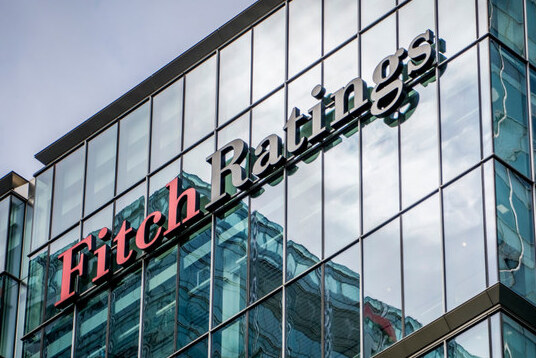The long-term issuer default ratings of eight Saudi banks have been upgraded to ‘A-‘ by Fitch.
Fitch Ratings, a global credit rating agency, has announced that it has upgraded the long-term issuer default ratings of eight Saudi banks to ‘A-‘. The move reflects the strong financial performance of the banks, despite the challenging economic environment caused by the COVID-19 pandemic.
The upgraded banks include National Commercial Bank (NCB), Al Rajhi Bank, Riyad Bank, Banque Saudi Fransi, Samba Financial Group, Saudi British Bank (SABB), Arab National Bank (ANB), and Saudi Investment Bank (SAIB).
The upgraded ratings demonstrate the resilience of the Saudi banking sector, which has weathered the challenges posed by the pandemic and continued to provide financial support to businesses and individuals across the country.
The Saudi Arabian government has implemented a range of measures to support the economy during the pandemic, including stimulus packages and financial support for businesses. The banking sector has played a crucial role in these efforts, providing loans and other forms of financial support to individuals and businesses affected by the pandemic.
In addition to the government’s support measures, the Saudi banks have also implemented their own measures to support their customers during the crisis. This has included providing loan repayment holidays, reducing fees, and increasing lending to small and medium-sized enterprises (SMEs).
The Fitch ratings upgrade is expected to have a positive impact on the banks, as it will improve their access to funding and reduce their borrowing costs. The upgraded ratings also demonstrate the confidence that international investors have in the Saudi banking sector, which is expected to attract more foreign investment to the country.
Commenting on the upgraded ratings, Jamal Al-Kishi, CEO of SABB, said: “The upgraded rating is a testament to the resilience of the Saudi banking sector and the measures taken by the banks to support their customers during the pandemic.”
Al-Kishi added that the upgraded ratings would provide SABB with improved access to funding, which would help the bank to continue to support its customers and contribute to the economic growth of the country.
The Fitch ratings upgrade comes at a time when the Saudi banking sector is undergoing significant transformation, with a focus on digitization and innovation. Many of the banks have launched new digital platforms and services, as well as investing in new technologies such as blockchain and artificial intelligence. In addition, the Saudi banking sector has seen an increase in mergers and acquisitions, with large regional lenders looking to form strategic partnerships. This has allowed them to further expand their operations across the region. The Fitch ratings upgrade provides further assurance of stability within the sector and highlights that it is well-positioned for future growth.
The digitization of the banking sector is expected to drive growth and innovation, as well as improving the efficiency and effectiveness of banking services. The increased use of digital platforms is also expected to improve financial inclusion, as more people will have access to banking services, particularly in rural areas.
The Saudi government has set ambitious targets for the digitization of the banking sector, with the aim of increasing the use of digital banking services to 70% by 2025. This is expected to drive significant growth in the sector, as well as providing greater access to financial services for individuals and businesses across the country.
In conclusion, the Fitch ratings upgrade of the long-term issuer default ratings of eight Saudi banks to ‘A-‘ is a positive sign for the Saudi banking sector, which has demonstrated resilience and strength during the challenging economic environment caused by the COVID-19 pandemic. The upgraded ratings are expected to improve the banks’ access to funding and reduce their borrowing costs, as well as attracting more foreign investment to the country. The focus on digitization and innovation in the banking sector is expected to drive growth and improve financial inclusion, providing greater access to financial services for individuals and businesses across the country.





